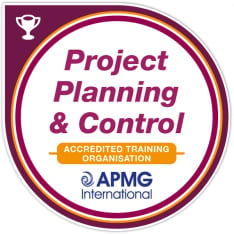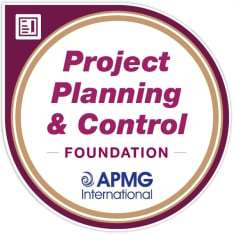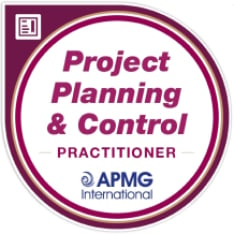Who should attend this Project Planning and Control™ (PPC) Foundation and Practitioner Course?
This Project Planning and Control™ (PPC) Foundation and Practitioner Course is designed for anyone who wants to learn the knowledge, skills, and best practices related to planning and controlling projects. This training course is beneficial for these professionals:
- Project Managers
- Planning Engineers
- Project Control Engineers
- Programme Managers
- Portfolio Managers
- Business Analysts
- Quality Assurance Professionals
Prerequisites of this Project Planning and Control™ (PPC) Foundation and Practitioner Course
There are no formal prerequisites in this Project Planning and Control™ (PPC) Foundation and Practitioner Training Course. However, it will be beneficial to have some basic knowledge of Project Management. Also, successful completion of the Project Planning and Control™ (PPC) Foundation Examination is required before moving on to the Practitioner section of this course.
Project Planning and Control™ (PPC) Foundation and Practitioner Course Overview
Project Planning and Control are essential components of successful Project Management, ensuring that projects are completed on time, within scope, and within budget. These disciplines involve meticulous planning, monitoring, and adjustment of project activities to achieve desired outcomes. As businesses increasingly rely on structured Project Management practices, mastering these skills becomes crucial for delivering high-quality results.
Understanding Project Planning and Control is vital for professionals who manage or are involved in projects, regardless of the industry. This knowledge equips them with the tools to foresee challenges, allocate resources effectively, and mitigate risks. Professionals such as Project Managers, Team Leaders, and coordinators should aim to master these concepts to enhance their efficiency and project success rates.
After completing 4 days of Online instructor-led/classroom training offered by The Knowledge Academy and successfully passing your Project Planning and Control™ (PPC) Foundation Exam, the fifth day of this course is a flexible exam preparation day to complete at your convenience, to prepare you to take and pass your Project Planning and Control™ (PPC) Practitioner exam online.
Course Objectives
- To understand the fundamental principles of project planning and control
- To learn how to develop and manage project schedules
- To gain skills in resource allocation and management
- To identify and mitigate project risks effectively
- To master techniques for monitoring and controlling project progress
- To understand the use of project management software tools
Upon completing this Project Planning and Control™ Course, delegates will be equipped with the knowledge and skills to manage projects more efficiently and effectively. They will be able to apply best practices in project planning and control to ensure their projects meet objectives and deliver value to their organisations.
 To help and support our clients we are providing a limited number of 250 daily discount codes. Hurry, first come, first served!
To help and support our clients we are providing a limited number of 250 daily discount codes. Hurry, first come, first served!






























 If you wish to make any changes to your course, please
If you wish to make any changes to your course, please


